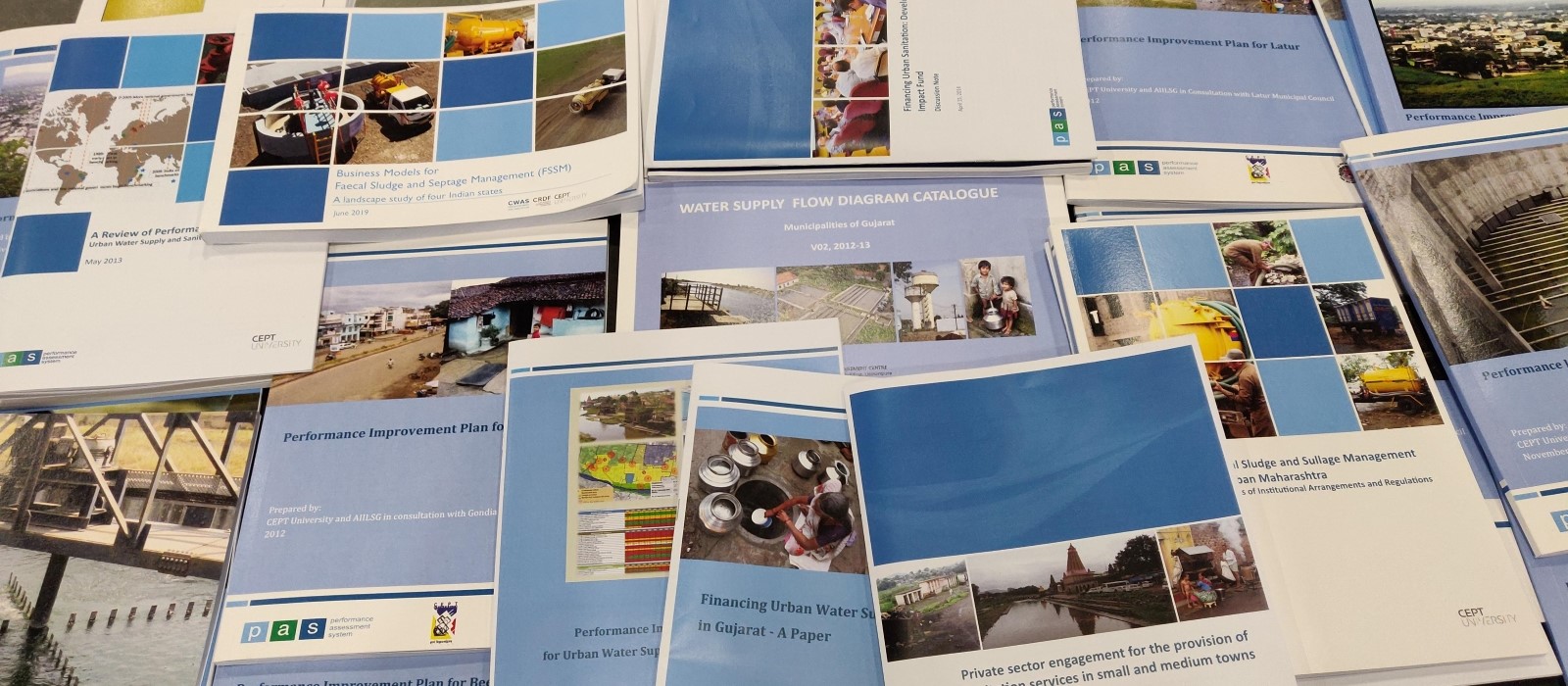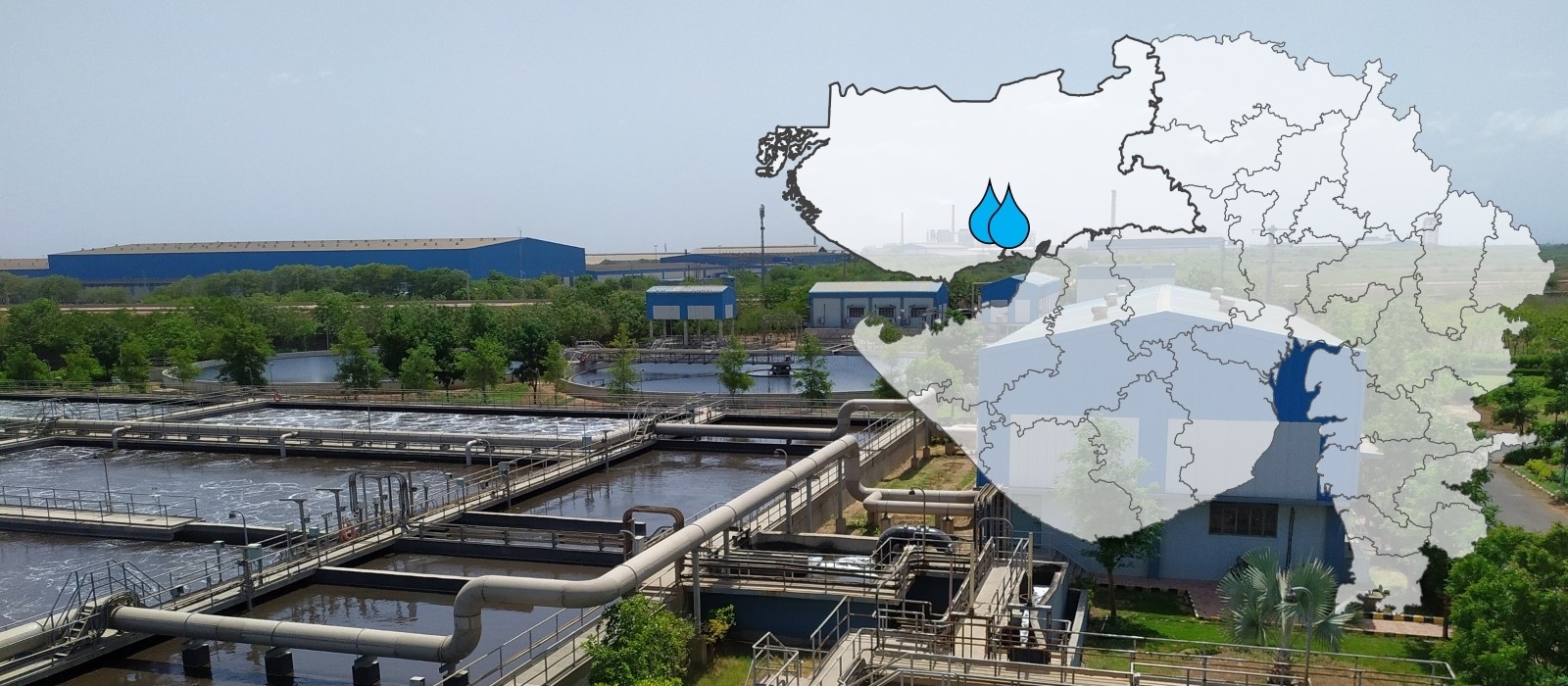Climate
Extreme weather patterns – temperatures rising to 50 C, erratic rains, flooding – occur more frequently than in the past. The impact of these extreme events on people and their livelihoods is significant. Understanding and preparing human habitats to mitigate and adapt to these changes will lead to a more sustainable future.
While each sector plays an important role in the global picture of GHG emission and climate change, focusing on the WASH sector has co-benefits for mitigation and adaptation. The WASH sector is extremely vulnerable to the vagaries of climate. Disruptions occur in water supply and sanitation services due to heat, floods, droughts, and other extreme weather events. On the other hand, the contribution of WASH services to climate change also needs exploration. The waste sector is considered a key contributor to GHG emissions along with energy, agriculture and industry. Additionally, the energy used by WASH utilities is a significant portion of their total energy consumption and contributes to indirect GHG emissions.
CWAS has been working on these issues to make cities and villages climate-resilient.
A Global South Academic Conclave on WASH and Climate Linkages was organized between 2nd and 4th February 2024 at CEPT University to focus on cross learning across countries and regions. It was organized in partnership with the Faculty of Planning at CEPT and the Bill and Melinda Gates Foundation. It brought together more than 350 academics and professionals from 30 countries with another 700 joining in virtually on the live channel. Discussions explored themes in climate mitigation, adaptation, WASH-climate policies, climate finance and inclusivity in infrastructure services.


